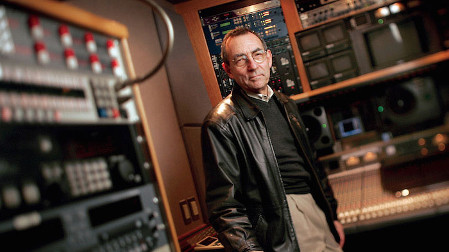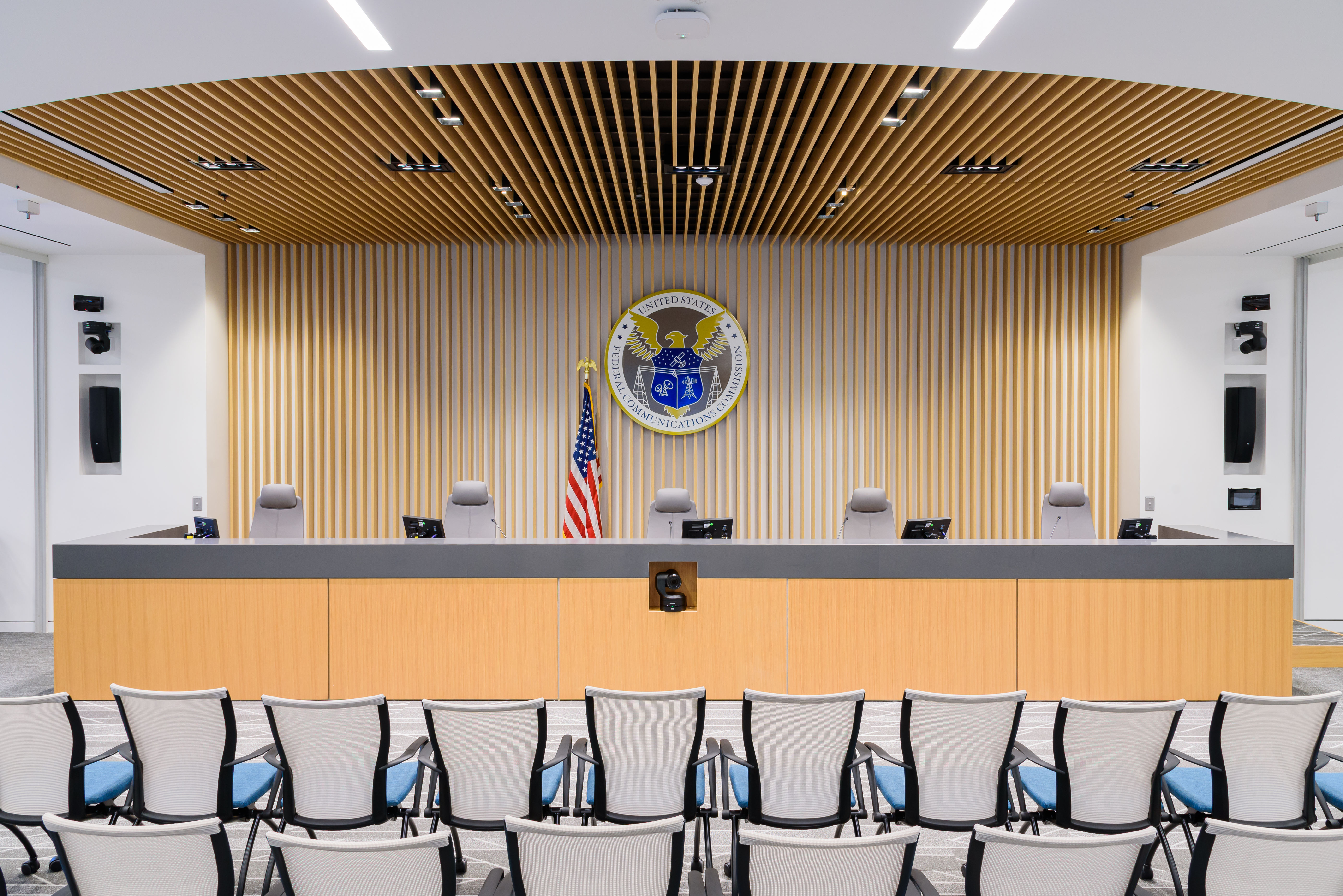Veteran TV Mixer Ed Greene Dead at 82
The professional video industry's #1 source for news, trends and product and tech information. Sign up below.
You are now subscribed
Your newsletter sign-up was successful
LOS ANGELES—Award-winning television production mixer Ed Greene passed away on August 9, 2017, surrounded by family. Over the course of his career, Green won 22 Emmy Awards and was nominated 61 times, making him the third most-nominated individual in Emmy history, and the second biggest cumulative winner as well.

Ed Greene (photo credit: CAS)
Although Greene came to be well known for his work on televised awards shows and other live primetime events, he started out as a record mixer. His first gig was a summer job, in 1954, doing voice and piano demos at Allegro Studios in New York City, where he was born and raised. The studio soon began doing full orchestral recording sessions and when Greene was drafted in 1956, he served as a recording engineer for the U.S. Army Band and Chorus in Washington, D.C.
Greene remained in Washington at the end of his service and co-founded Edgewood Studios. An invitation from Val Valentin later took Greene to Los Angeles, where the pair built a studio for MGM Records (it subsequently became Cherokee Studios). His recording credits include Stan Getz's “Jazz Samba” and “The In Crowd” by Ramsey Lewis.
When I interviewed Greene in 2000, he told me that when Frank Sinatra came out of his two-year retirement in 1973, he not only mixed the “Ol’ Blue Eyes Is Back” album but also the accompanying one-hour TV special. It was Greene’s first TV show and his entry to the Grammy Awards telecast. “The producer-director that I did the Sinatra show for happened to do the Grammys, and he invited me on that,” said Greene. A career in awards shows was born.
Greene won his first Primetime Emmy Award in 1978—for “Bette Midler: Ol’ Red Hair is Back.” He went on to receive a total of 61 Emmy Award nominations and 21 wins, including multiple wins for the annual Grammy Awards and Academy Awards telecasts. He also had five Daytime Emmy nominations, winning for “The Price is Right” in 2015.
He was honored in 2007 by the Cinema Audio Society with a Career Achievement Award, also receiving multiple nominations over the years and a win, for the XIX Winter Olympics Opening Ceremonies, in 2003. He was nominated for 14 TEC Awards, winning nine.
The professional video industry's #1 source for news, trends and product and tech information. Sign up below.
But Greene didn’t only mix awards shows, also working on gala musical presentations by artists like Barbra Streisand, Elton John and Neil Diamond, and special events such as the 100th anniversary of Carnegie Hall and the annual Kennedy Center Honors. When NBC did a one-off live broadcast of a show such as “ER,” “The West Wing” or “Fail Safe,” Greene was at the production board.
His record production background put him in a unique position when he started in television, Greene told me: “I found that there were very few television engineers who had any music experience, and there were no music engineers who had any production experience, so I just found a little home for myself. I tried to bring some of the record technology—sound technology—to television, because particular music acts were unhappy with the way television shows sounded.”
When we spoke in 2000, Greene still favored analog consoles, despite the technical challenges. “One year, in New York’s Radio City Music Hall, on the day before the [Grammy Awards], we ordered an additional 300 microphones, and had somewhere around 900 microphones. All the groups and orchestras were preset and they would wheel in, plug in and go. I think we had 23 acts on that particular show.”
His worst live broadcast moment involved a digital console, he said. “I had a rather bad experience on the air doing the Macy’s Thanksgiving Day Parade a few years ago. That was the most horrific experience I’ve had. You can lose a microphone or a channel, but to lose an entire system is something that nobody wants to deal with. We had to go to commercial and reboot the console.”
On hearing of his passing, friends and colleagues remembered Greene on social media for his physicality behind the board. “When his shoes came off, I knew we were going to be working all night,” recalled Peter Cole on Facebook. That was echoed by Marti D Humphrey, CEO and chief re-recording mixer at The Dub Stage, whom Greene mentored. “And I take everything out of my pockets,” Greene told me in 2000, adding that Greg Mackie once described his mixing technique as “audio acrobatics.”
This story first appeared on TVT's sister publication Pro Sound Network.
Steve Harvey began writing for Pro Sound News and Surround Professional in 2000 and is currently senior content producer for Mix and a contributor to TV Tech. He has worked in the pro audio industry—as a touring musician, in live production, installed sound, and equipment sales and marketing—since November 1980.
